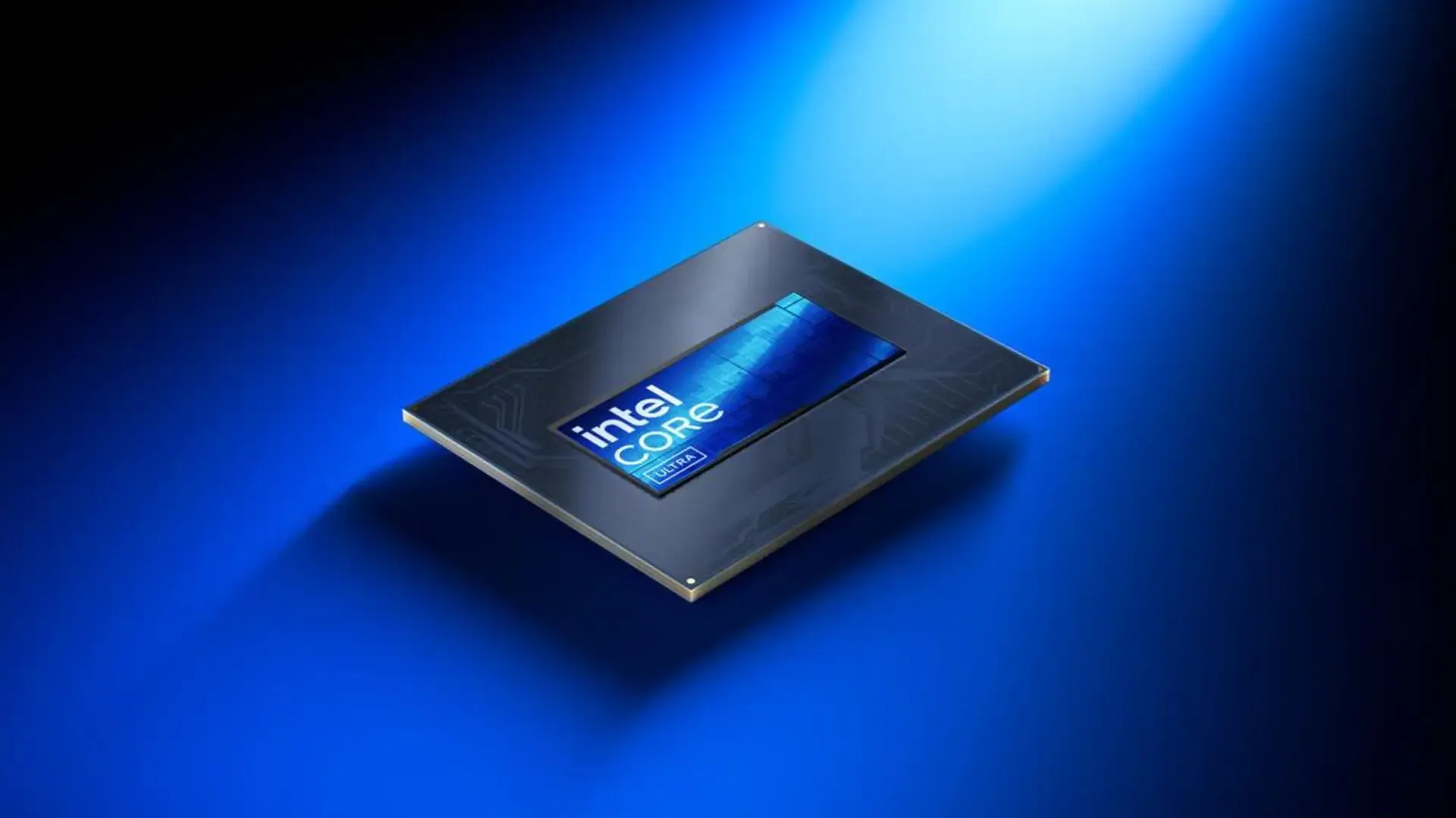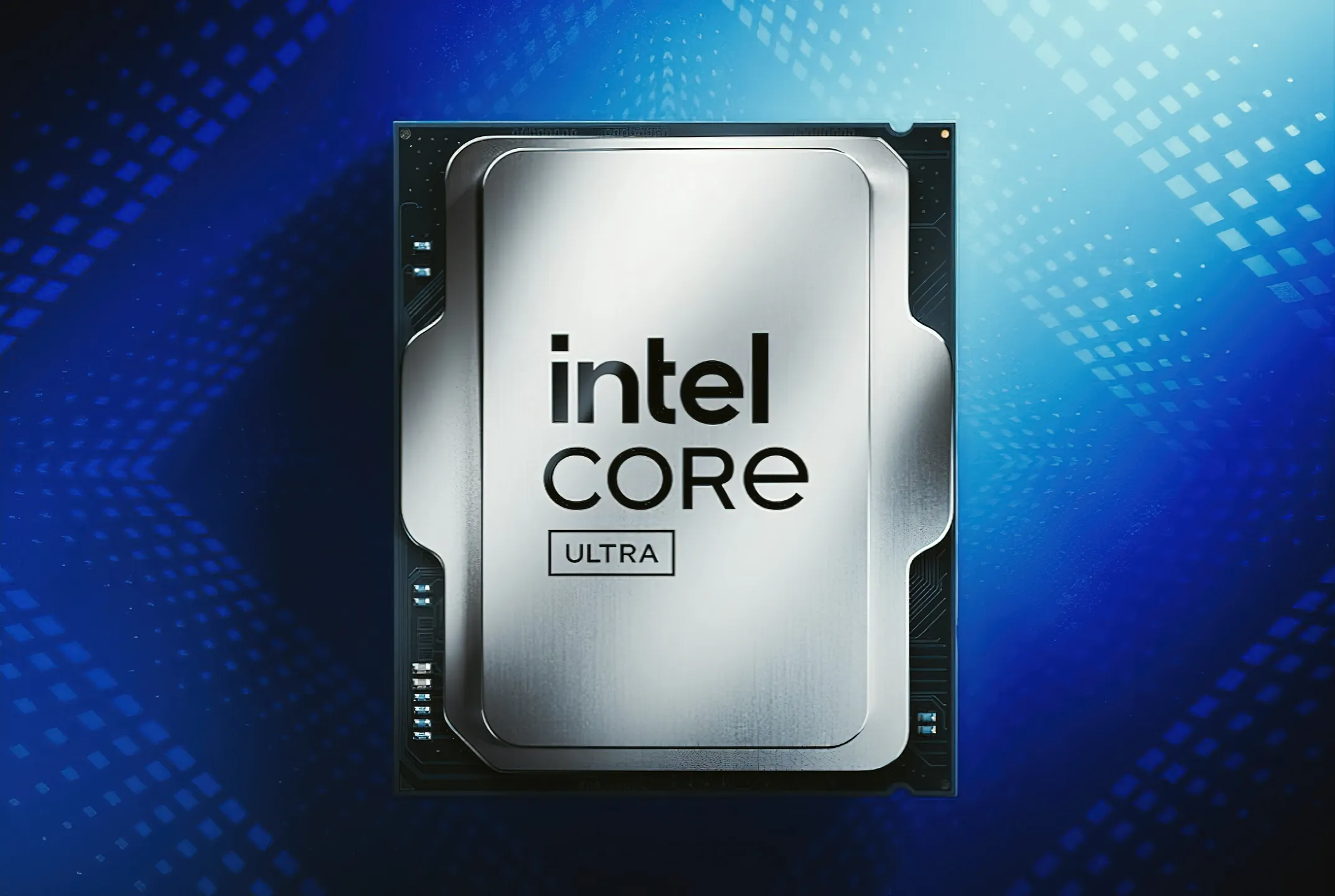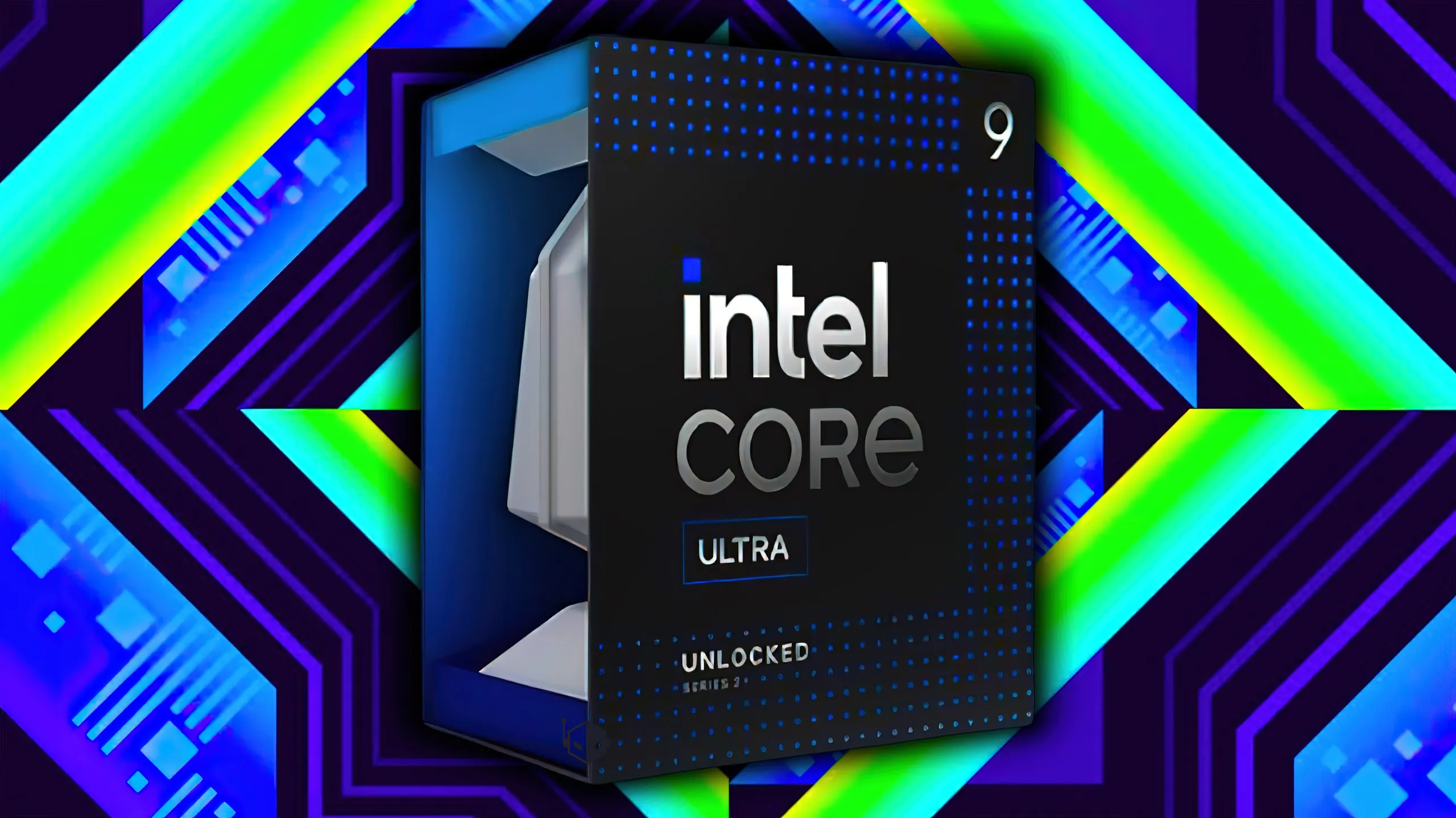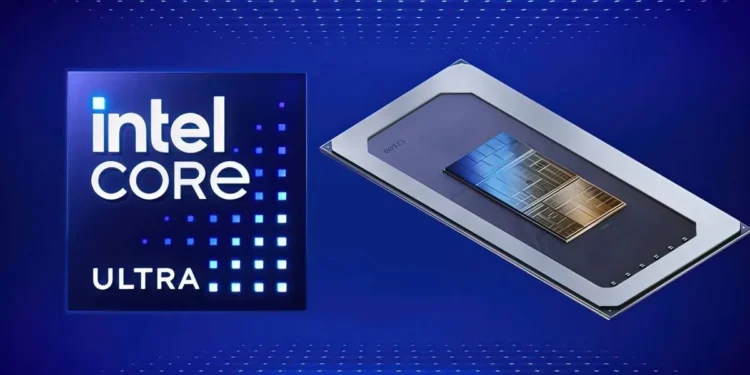Intel, a long-standing titan in the PC industry, has faced its fair share of trials in recent years. Despite holding a substantial 71.3% of the PC market as of the third quarter of 2024, Intel saw a worrying 5.7% decline in its market share to AMD, marking AMD’s biggest gain in a decade. This slip signals a deeper issue within Intel, stemming from a struggle to keep pace with innovations in a rapidly evolving tech landscape.
The shifting sands are not just about market share. As industries increasingly favor GPUs over CPUs for data center operations, Intel’s minimal stake in the GPU market poses a significant challenge. This shift underpins a broader market transition, with a potential shrinking of the traditional CPU market where Intel has historically dominated.

A New Era of Gaming CPUs: Intel’s Core Ultra 200HX Series
Amid these market dynamics, Intel unveiled its Core Ultra 200HX CPUs at CES 2025, a product aimed at redefining gaming experiences through AI acceleration. This innovative technology promises to reduce power consumption and latency, thus enhancing speed and overall game playability. What sets the 200HX series apart is the integration of a Neural Processing Unit (NPU), designed to handle AI tasks efficiently, a first in the AI CPU domain.
“AI acceleration is not just an enhancement but a transformation in how we experience gaming,” stated Intel at the launch event. This new series could be a game-changer for Intel, aiming to attract gamers who crave seamless and immersive experiences.

The Corporate and Financial Implications for Intel
Despite these promising developments, Intel is navigating through turbulent waters. The recent resignation of CEO Pat Gelsinger, after a tenure aimed at revitalizing the company’s fortunes, marks a critical juncture. Under his leadership, significant strides were made, yet the board and stakeholders are eager for more tangible results.
Moreover, Intel’s performance on the stock market and its popularity among hedge funds have been tepid. From a peak of 75 hedge fund portfolios holding Intel stocks down to 68 by the end of Q3 2024, it’s clear that investor confidence needs a boost. This sentiment is echoed by industry analysts, who suggest that while Intel holds potential as an AI investment, other AI stocks might offer quicker, more lucrative returns.

Looking Ahead: Can Intel Regain Its Dominance?
As the tech world watches, the question remains: Will the Core Ultra 200HX series and its successors provide the impetus Intel needs to regain its market dominance? The company’s strategy to focus on high-performance AI CPUs might just be the edge needed to outpace competitors and win back both gamer loyalty and investor confidence.










